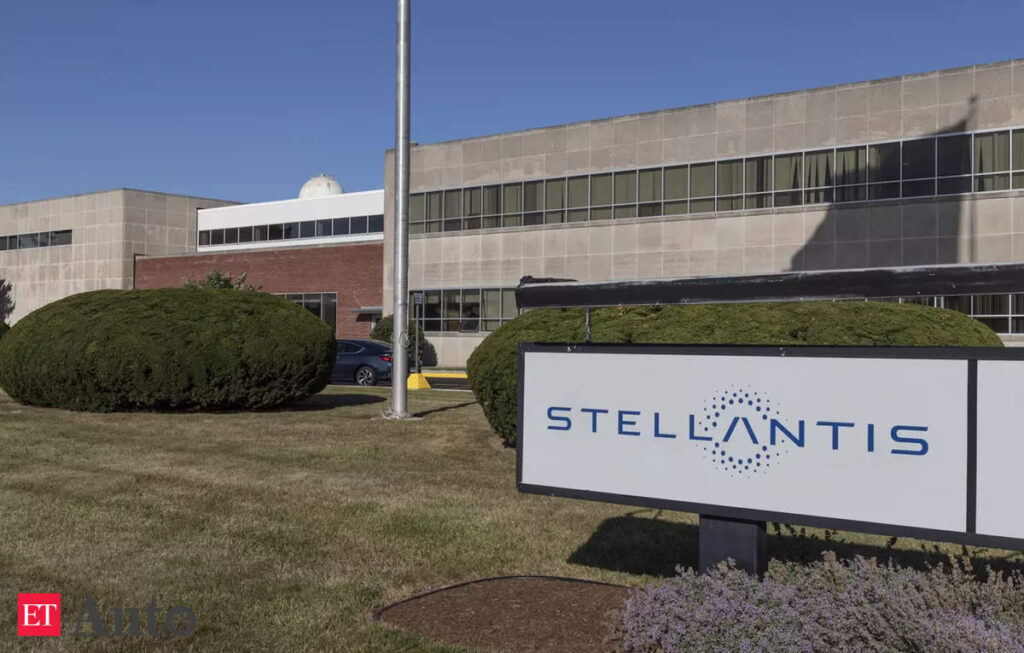To elevate the in-car user experience, Stellantis-owned French automaker, Peugeot has announced its collaboration with ChatGPT, the popular AI chatbot, with the intention of integrating ChatGPT into its vehicles, aiming to enhance the voice assistant system in both cars and vans.
This decision follows similar moves by competitors such as Volkswagen and Mercedes-Benz.

During a media call on Tuesday, the Director of Peugeot’s Product Plan, Jerome Micheron revealed the brand’s plans for ChatGPT integration, saying that “We will introduce ChatGPT in all cars, including the new e-3008 model, and small commercial vehicles.”
The deployment of this AI chatbot is expected to optimize functionalities related to vehicle controls and provide answers to general or navigation-related queries.
Peugeot is set to launch a pilot version of the ChatGPT service in five countries – France, Britain, Germany, Italy, and Spain, starting Wednesday. The service will be capable of seamlessly connecting to vehicle controls, offering users a comprehensive and interactive experience. The brand envisions making ChatGPT a standard feature in its vehicles later this year.
This strategic move by Peugeot aligns with the evolving trend in the automotive industry, where major players like Mercedes-Benz and Volkswagen have also incorporated ChatGPT into their vehicles. Last year, Mercedes-Benz initiated a trial in the United States, enabling drivers to interact with ChatGPT for more natural responses and assistance with various inquiries.
Volkswagen, earlier this month, announced plans to integrate ChatGPT into its voice assistant, aiming to facilitate interactive dialogue between drivers and their vehicles. The industry-wide adoption of AI chatbots like ChatGPT signifies a concerted effort to enhance the in-car digital experience for users.
In addition to the ChatGPT integration, Peugeot disclosed its decision to introduce an extended eight-year warranty for the e-3008 model. This warranty, a significant extension from the current two-year coverage on Peugeot cars, is intended to incentivize more drivers to transition to electric vehicles. The move aligns with the industry’s push towards sustainable and eco-friendly transportation solutions.
